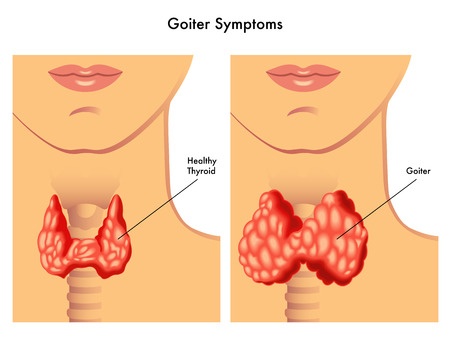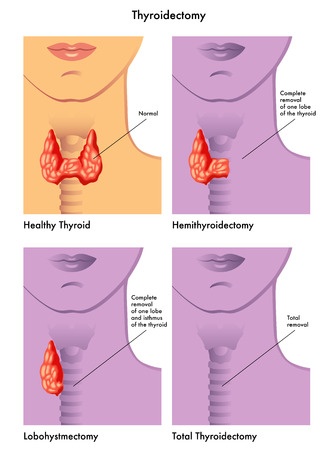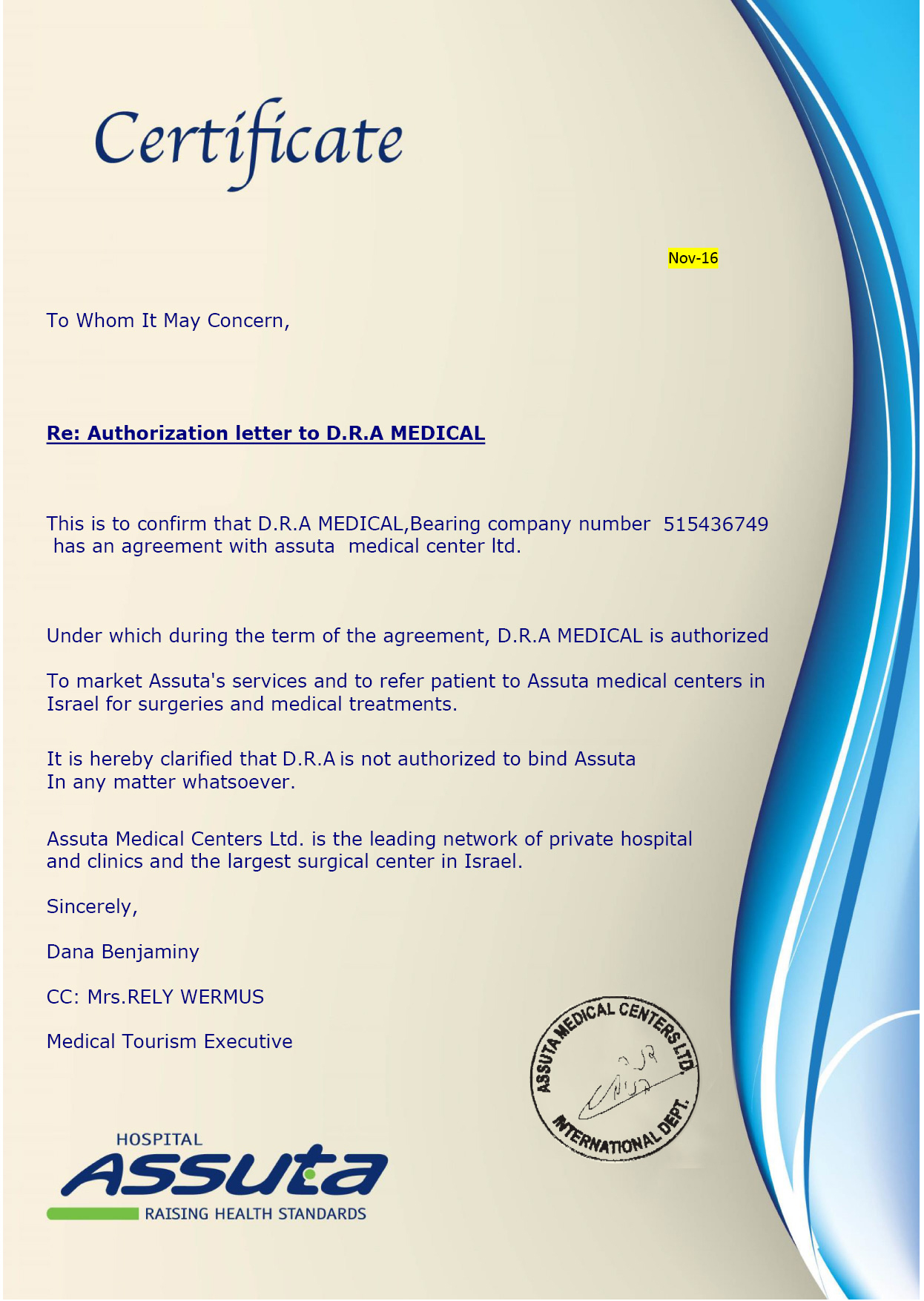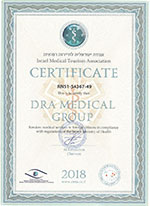Introduction and Definition
The thyroid is one of the most vital glands in the body. It is located at the base of your neck and shaped like a butterfly. This gland creates hormones that control every aspect of your body’s metabolism, including heart rate and how fast your body burns off calories.Some people develop problems with their thyroid gland. It may stop working properly, or become cancerous. In these cases, thyroid surgery may be necessary to treat the disorders, such as a benign thyroid enlargement (goiter) or an overactive thyroid gland (hyperthyroidism). This guide will help you understand more about this surgery, thyroidectomy including why it may be performed and what happens during the procedure.

Why Thyroid Surgery is Performed
Surgery on the thyroid gland is also known as a thyroidectomy. It is usually performed when thyroid cancer is suspected or present, or a benign (noncancerous) tumor is large enough to cause problems when a patient swallows or breathes. In some cases, the patient has a cystic (fluid-filled) nodule that continues to recur after being drained, warranting thyroid surgery. It is rarely used to treat hyperthyroidism, and is only performed if the hyperthyroidism cannot be successfully treated with radioactive iodine or medications.There are three types of thyroid surgery. In a thyroid lobectomy, a surgeon removes only the lobe where the thyroid nodules are located. If there is also a problem with your isthmus, the band of tissue that connects the thyroid lobes, that will be removed as well. For patients who have hyperthyroidism that is caused by Graves’ disease, a subtotal thyroidectomy is used to remove one entire lobe, part of the other lobe and your isthmus. If a total thyroidectomy is necessary, the entire thyroid gland is removed and so are the surrounding lymph nodes.
The Thyroid Surgery Procedure
A thyroidectomy is performed using general anesthesia, and you will be unconscious during the thyroid surgery procedure. An anesthesiologist administers the anesthetic medication either as a gas you breathe through a mask or a liquid medication injected into a vein. The surgical team will place monitors on your body, such as a blood pressure cuff, so they can make sure your vital signs remain at safe levels during the procedure.When the thyroid surgery begins, a small incision is made, usually at the front of your neck or as a series of small incisions under your arm. Part or all of your thyroid gland is carefully removed. The extent of the surgery depends on the reason for it. If you are having your entire gland removed due to thyroid cancer, the surgeon will likely also examine and take out the lymph nodes around your thyroid gland. Thyroidectomies usually take a few hours to complete.

Aftercare
When your thyroid surgery is complete, your recovery is monitored. Once you are completely conscious, you will be admitted to a hospital room. Your surgeon may have placed a drain under your neck incision. The drain will usually be removed the day after your surgery.After a thyroidectomy, you will probably have a hoarse voice and some neck pain. These symptoms are common and usually temporary, caused by nerve irritation or irritation from the tube inserted into your trachea during surgery. It usually does not mean you have permanent nerve damage to your vocal cord nerve.
After your surgery, you will be able to eat and drink normally. The usual hospital stay for someone who has a thyroidectomy is about 24 hours. After you are released and go home, you will be able to return to regular daily activities once you recover; usually within just a few weeks. Your doctor will go over any specific restrictions that you should follow before you are discharged.










